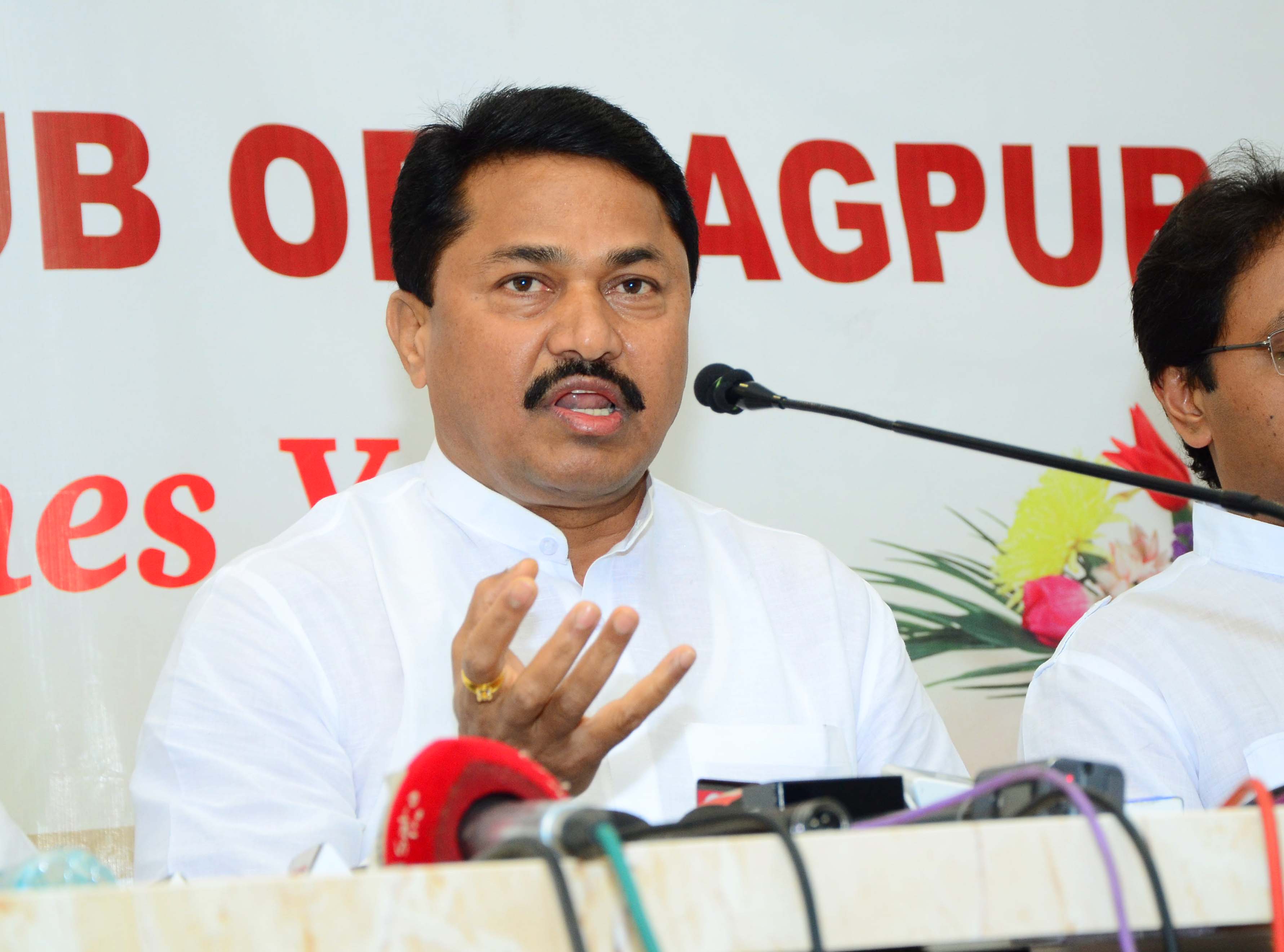X: @the_news_21
With the Uttar Pradesh elections looming and polling set to commence on April 19, political enthusiasts are closely monitoring the campaign dynamics, particularly the conspicuous absence of BSP chief Mayawati from the electoral fray.
“Despite the election announcement nearly two weeks ago, Mayawati has refrained from holding rallies in Uttar Pradesh,” notes a report by Hindustan Times.
This departure from the norm has sparked speculation and raised questions about Mayawati’s strategy, especially when contrasted with the vigorous campaigning efforts of Prime Minister Narendra Modi, Chief Minister Yogi Adityanath, and SP chief Akhilesh Yadav.
Mayawati’s delayed entry into campaign mode is reminiscent of past elections. During the 2022 polls, she commenced her rallies just eight days before voting began, a move that some analysts believe may have contributed to the BSP’s lackluster performance, securing only one seat.
The BSP chief’s first rally in India for the current elections was held in Nagpur on April 11, with her first rally in Uttar Pradesh scheduled for April 14. However, this late start raises eyebrows given that electioneering for the first phase concludes on April 17.
In defense of her approach, BSP leaders emphasize a forthcoming extensive campaign, boasting approximately 40 rallies throughout the election period. Additionally, Mayawati has entrusted her nephew, Akash Anand, as the National Coordinator, though his campaign activities have only recently gained momentum.
However, cracks within the party are evident, with reports indicating disunity among party members. Out of the 10 MPs who won last time, only one, Girish Chandra, has been nominated again, and notably, his constituency has been changed from Nagina to Bulandshahar.
The BSP’s electoral prospects have been dwindling, according to data from the Centre for the Study of Developing Societies (CSDS). The core Jatav voter base has diminished by 35% over 15 years, leading to a significant decline in the party’s overall vote share.
The Mood of the Nation survey conducted by C Voter forecasts a further drop in BSP’s projected vote share for the 2024 elections to 8.4%, down from 12% previously, while SP’s share is expected to rise to 30.1%, reflecting a redistribution of BSP’s votes to other parties like SP and BJP.
Political analysts attribute the BSP’s decline to a shift in Mayawati’s approach post-2014, marked by reduced activism and the sidelining of party leaders. This transformation has eroded the party’s influence in recent years.
As Uttar Pradesh braces for elections, the BSP’s internal discord and dwindling electoral support pose significant challenges, with the party’s once-formidable presence in the state’s politics now at risk.






